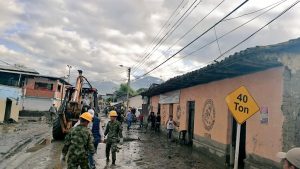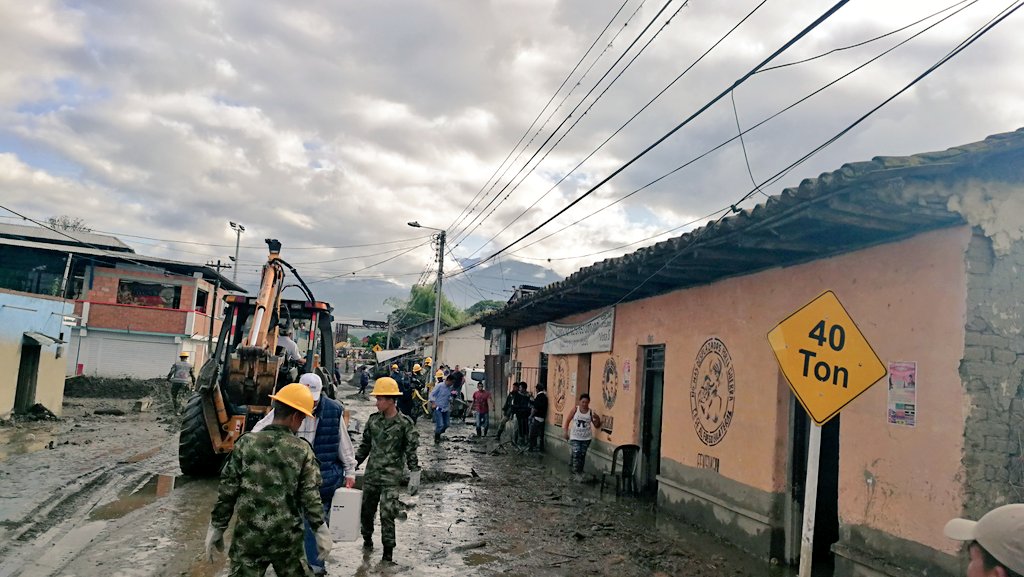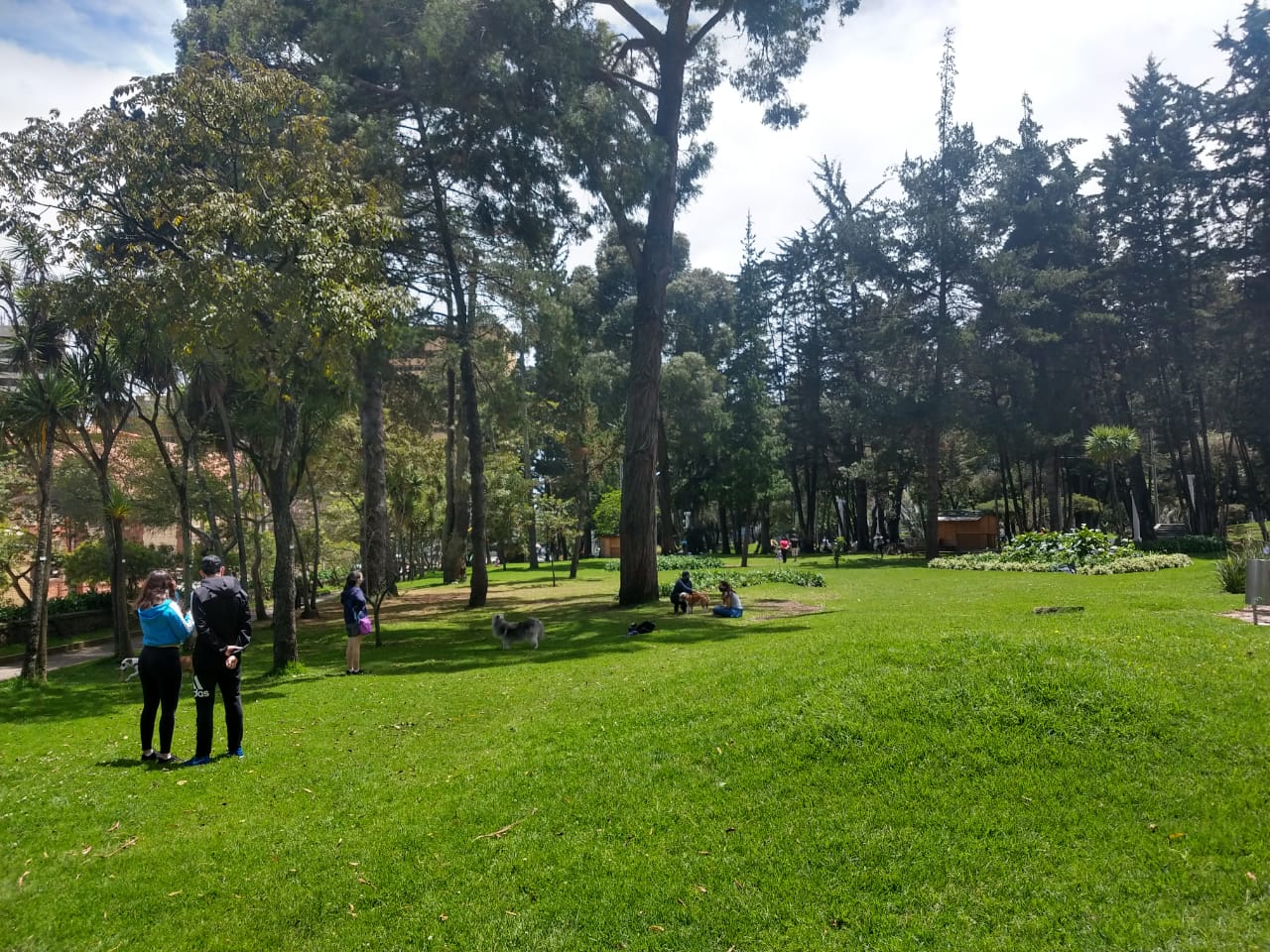 The peace accord between the government of Colombia and FARC has been a politically divisive topic within the country. We spoke to Dr Håvard Mokleiv Nygård of the Peace Research Institute Oslo on the perceptions of the people in regions most affected by the conflict.
The peace accord between the government of Colombia and FARC has been a politically divisive topic within the country. We spoke to Dr Håvard Mokleiv Nygård of the Peace Research Institute Oslo on the perceptions of the people in regions most affected by the conflict.
When Colombians were asked in a 2016 referendum of their views on the historic peace accord between the Colombian government and FARC, their answer came in the form of a resounding ‘no’. It was more clear at that time as any, that the perceptions of the Colombian public towards the peace process were crucial to its success. ‘Getting a handle of those perceptions is going to be important for policy-planning and decision-making in the implementation phase of the peace process.’ Dr Håvard Mokleiv Nygård told us, speaking from his office at the Peace Research Institute Oslo (PRIO) in Norway.
Nygård is research director at PRIO, an independent government-funded thinktank, and has been studying the consequences of conflict and peace-building for the last 6 years. Along with researchers Helga Malmin Binningsbø, Marianne Dahl and Michael Weintraub of the Universidad de Los Andes, the team undertook surveys of the inhabitants of Tumaco and Mesetas, where the scars of the world’s longest internal conflict are most apparent. The survey had been conducted to determine the attitudes and experiences of locals in the region towards the peace process and its implementation in the region.
Questions related to how satisfied people were with the peace accord, specific provisions within the accord, disarmament, demobilisation, reparations, incentives to stop producing coca, land reforms and rural reconstruction, among others. Residents were also asked about whether they felt insecure about former FARC combatants living in their neighbourhood.
One crucial analysis that the researchers at PRIO made was to compare the attitudes of residents towards the provisions of the peace accord (ie what the ideal is) and then evaluated the progress of their implementation (ie what the reality has been). In Tumaco, the study concluded that ‘people are, on average, quite supportive of the components of the peace accord, but this is not matched by their perceptions of how implementation has proceeded.’
So far, people are much more satisfied with the peace process in Mesetas than in Tumaco, according to the survey. ‘In Tumaco most people see very little progress in the region while in Mesetas most people seem to see some or even a lot of progress. If we look at the individual provisions of the peace accord then the view is that the process is more on track in Mesetas than in Tumaco.’ Nygård said. And despite the varying reactions on the implementation of the peace accord, support for the peace process does not differ greatly between the two populations.
However, the study did find differences among attitudes between men and women on overall satisfaction with the peace process. In Mesetas, the women were slightly less satisfied than their male counterparts whereas in Tumaco this disparity was markedly greater. The study believed that this finding reflected that ‘women experience fewer of the tangible benefits of peace when compared to men.’
One of those tangible benefits is the security they now expect from the government against violence perpetrated in former FARC-controlled areas. Of the respondents to the survey, only 10% rated the security situation in Tumaco as good, the vast majority believing the status quo to be inadequate and 60% believed the security situation had deteriorated in the last year. In Mesetas on the other hand, security had somewhat improved according to the 500 residents that participated in the survey, though these respondents did note a deterioration in terms of public services like schooling and healthcare services.
Both surveys are pilot programs of PRIO and, provided they get the funding, their ambition is to do these surveys nationwide among all regions within the country. And despite the reservations that respondents had towards the peace process and its implementation, rays of hope can be gleaned from the fact that the people of these regions were willing to have their voices heard. In Tumaco, the researchers at PRIO anticipated difficulties in conducting the survey and they enlisted the help of UNDP in collecting the data. On the contrary, they were welcomed by local leaders and stakeholders, and were supported in their efforts. In turn ‘it showed a lot of enthusiasm for the survey work’ Nygård told us.






